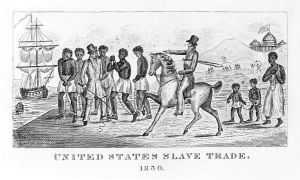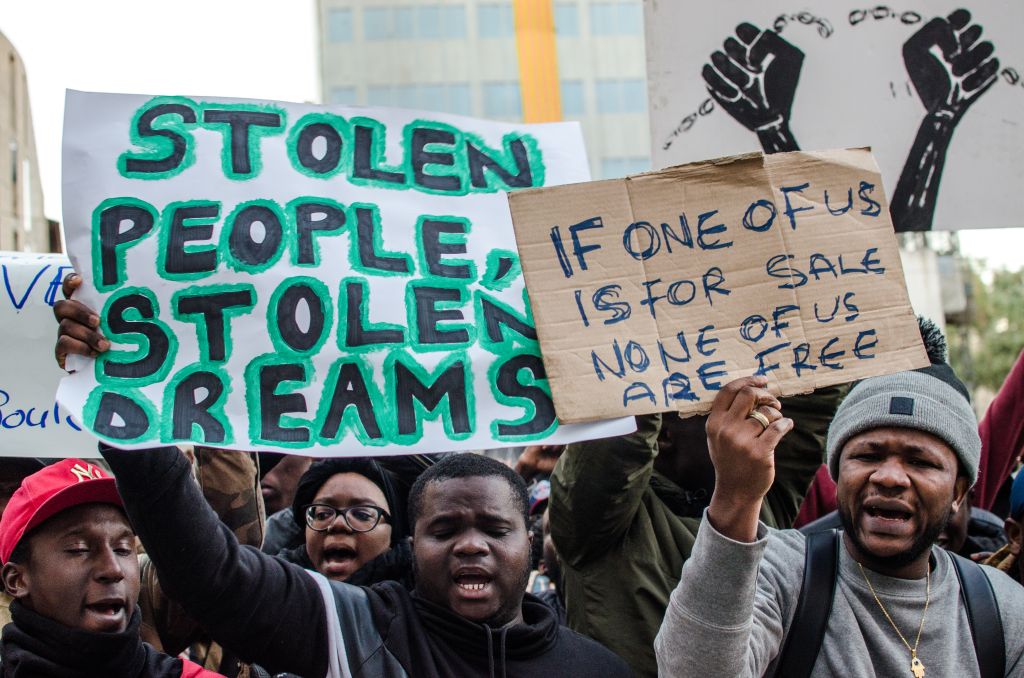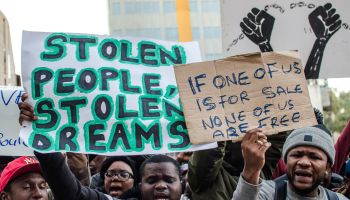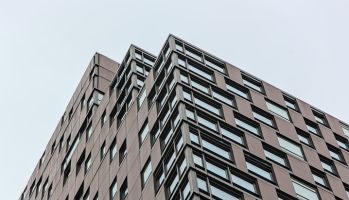
Source: Historical / Getty
After more than 400 years of being to subjected to slavery, rape, murder, discrimination, and psychological abuse, its amazing that African Americans and people of color continue to fight! The strength we possess to keep our heads held high and to push forward and raise families and future generations to be bigger and better than circumstance is truly admirable.
For years, we have requested reparations be paid out for the brutality brought upon us. And the fact that we are still fighting for basic decency, in the year 2020, has opened the eyes of millions of our people. The resurgence of protests has had a huge impact on our nation.
Finally, a piece of history has been made in efforts to reconcile with the African American community. In Asheville, North Carolina, following a unanimous voting decision, reparations have been approved for the city’s Black residents!!
Recently, the Asheville City Council formally apologized for the city’s historic role in slavery, discrimination and denial of basic liberties to Black residents. To make things right they’ve decided to provide reparations African Americans and their children. to them and their descendants.
The reparations will not come in the form of direct payments, instead they’ll be in the form of investments in areas where Black residents face disparities. A Community Reparations Commission is to be created. Their job will be to make concrete recommendations for programs and resources to be used to help Black residents.
In response, Asheville Councilman Keith Young said, “Hundreds of years of Black blood spilled that basically fills the cup we drink from today. It is simply not enough to remove statutes. Black people in this country are dealing with issues that are systemic in nature.”
The reparations resolution states:
“The resulting budgetary and programmatic priorities may include but not be limited to increasing minority home ownership and access to other affordable housing, increasing minority business ownership and career opportunities, strategies to grow equity and generational wealth, closing the gaps in health care, education, employment and pay, neighborhood safety and fairness within criminal justice.”
Source: The Shade Room
















